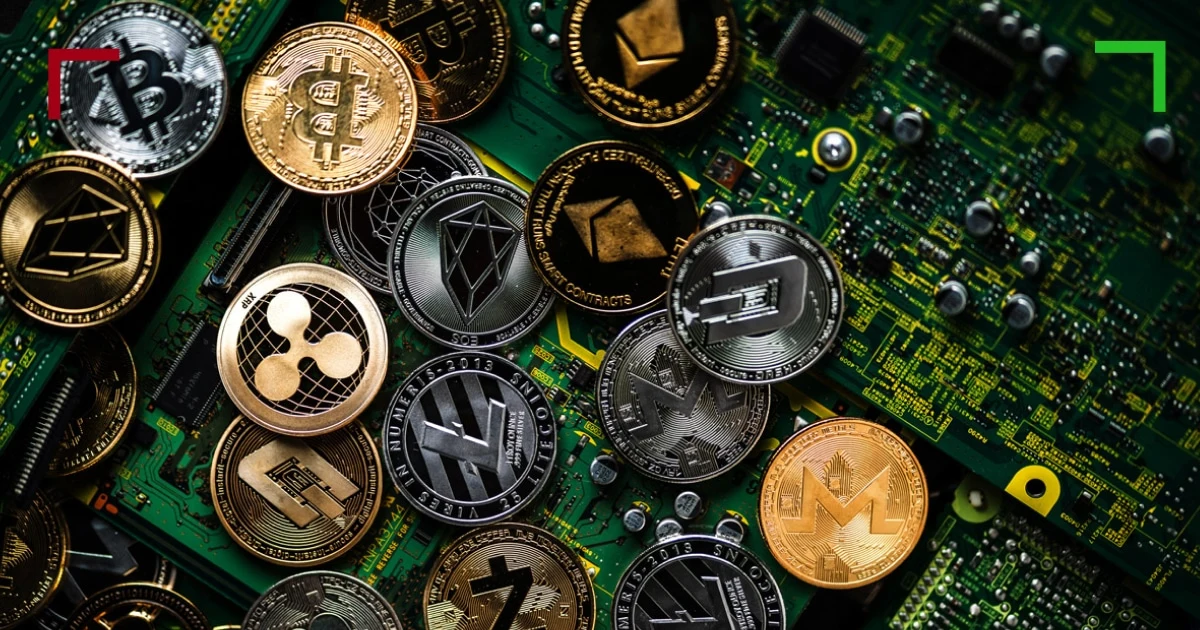In 2023, Brazil established itself as a frontrunner in cryptocurrency adoption in Latin America and globally.
The country’s proactive approach has made it the region’s leading market for digital currencies.
Government and regulatory initiatives have played a crucial role in this development.
According to Chainalysis’ Global Crypto Adoption Index, Brazil ranks ninth, reflecting significant involvement in both centralized and decentralized crypto exchanges.
Globally, India and Nigeria are at the forefront, closely followed by Vietnam, the United States, and Ukraine.
Brazil’s crypto market has seen substantial growth, with an influx of $80 billion in cryptocurrencies, matching Argentina’s volume.
This success can be attributed to a combination of factors. For instance, most cryptocurrencies in Brazil are stablecoins.
Centralized exchanges dominate the market, accounting for more than 60% of crypto activities.

Meanwhile, decentralized exchanges and DeFi protocols have lesser but growing participation.
Investment trends in Brazil show a preference for altcoins for long-term investment and speculation.
By July 2023, over 4.1 million Brazilians had declared investments in cryptocurrencies. These figures underscore the growing popularity of digital currencies in the country.
The educational website HedgewithCrypto ranked Brazil among the top three countries for crypto adoption in 2023.
Tether dominant in Brazil’s crypto market
Tether (USDT) is particularly dominant in Brazil’s crypto market. The Brazilian Federal Revenue Service reported a significant rise in Tether trading in 2023.
By October, Tether’s trading volume had surpassed 271 million Brazilian reais, dwarfing Bitcoin’s volume.
Brazil’s regulatory landscape has also evolved to support this growth.
President Lula Da Silva’s decree in mid-2023, implementing Law 14.478, established regulatory frameworks for the crypto market.
The Central Bank of Brazil and the Securities and Exchange Commission (CVM) are key regulators overseeing licensing and industry standards.
Further, Brazil passed Law 4476/23, authorizing cities to issue cryptocurrencies.
The country’s Senate also amended the Income Tax law, including a provision for taxing cryptocurrencies held in foreign companies.
These regulatory steps highlight Brazil’s commitment to fostering a safe and transparent crypto environment.

